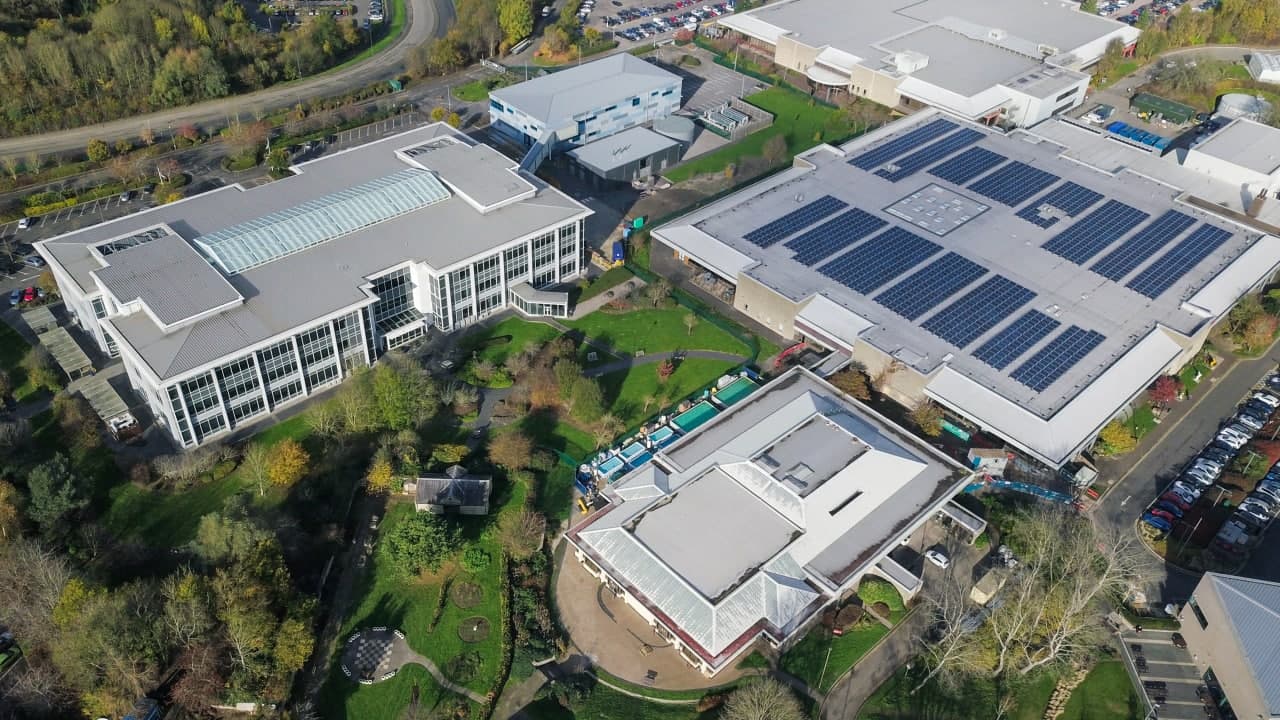The MPhil (Master’s Degree), Post Graduate Diploma (PGDip) and Post Graduate Certificate (PGCert) in Applied Intercultural Communications are designed as both stand-alone and linked courses through the top-up progression. They are delivered by the Centre for Global Intercultural Communications at Trinity College Dublin and are part of the postgraduate suite of courses in the School of Languages, Literatures and Cultural Studies.
Why Applied Intercultural Communications?
The significance of the increase in global mobility is unquestionable. In many workplaces, cultural diversity is currently the norm. Intercultural communication plays an important role in the functioning of societies, organisations and in individual performance. However, whilst working in a culturally diverse environment makes interpersonal, social and professional interactions more interesting and exciting, cross-cultural communication comes with its challenges. The cultures in which people have been brought up and our intercultural encounters influence the way we communicate. Anxiety, disorientation, and exclusion are common consequences of miscommunication across and between cultures. In a globalised world, any attempt to optimise intercultural communications requires a good understanding of the role of self and social awareness in the interpretation of cultural dimensions. The interplay between sociability, solidarity and inclusion in specific professional and wider social contexts determines and drives the sustainability, fairness and success of human interactions. Developing intercultural competences is vital for advancing equitable global collaborations between society, industry and academia.
Applied focus
Our applied mode relies on the use of case studies to illustrate how intercultural communication works on the ground in global contexts. The programmes combine international case studies, student-led case studies and practical activities, based on the participants’ experiences. The applied focus is complemented by theory, research and practice-driven components, potentially linking African, Asian, Latin American and Caribbean, and Middle Eastern case studies to European and North American cultures and contexts. Students gain an understanding of the concepts and models related to intercultural communication and learn how to apply Equality, Equity, Diversity and Inclusion (EEDI) perspectives and digital literacy to develop equitable collaborations and partnerships with people from different backgrounds.
Career Opportunities
This course prepares graduates for communication, facilitation, international relations, leadership and/or Equality Equity Diversity and Inclusion (EEDI) roles in Creative Industries, Media and Publishing, Consultancy, Education, Government Agencies, Public Administration, Environmental and CleanTech Products and Services, Human Resources, Management and Business Administration, and Services.
For international students
A minimum 2.1 honours class degree from an Irish university or its international equivalent.
For candidates who are not native English speakers and have not completed a degree through the medium of English, a minimum IELTS score of at least 6.5 in each category or its equivalent.
All applicants whose first language is not English and who have not been educated through the medium of English must present one of the following qualifications in the English language:
IELTS: Grade 6.5 overall
TOEFL: 88 internet-based, 570 paper-based, 230 computer-based
University of Cambridge: Proficiency Certificate, Grade C or better (CEFR Level C1 or C2), Advanced Certificate, Grade C or better (CEFR Level C1 or C2)
Pearson Test of English (Academic) - PTE Academic: a minimum score of 63 to be eligible (with no section score below 59)
1 Year - Full time
![Fee]()
Fee
€19,020.00 (US$ 20,384) per yearAccommodation (Cork Street) - 297 Per Week
![Start Date]()
Start Date
![Address]()
Address
Trinity College Dublin, the University of Dublin, College Green, Dublin 2, Dublin 2, Dublin, D02 PN40, Leinster, Republic of Ireland

Description
Requierments
Study options






 Stay in touch with us
Stay in touch with us





